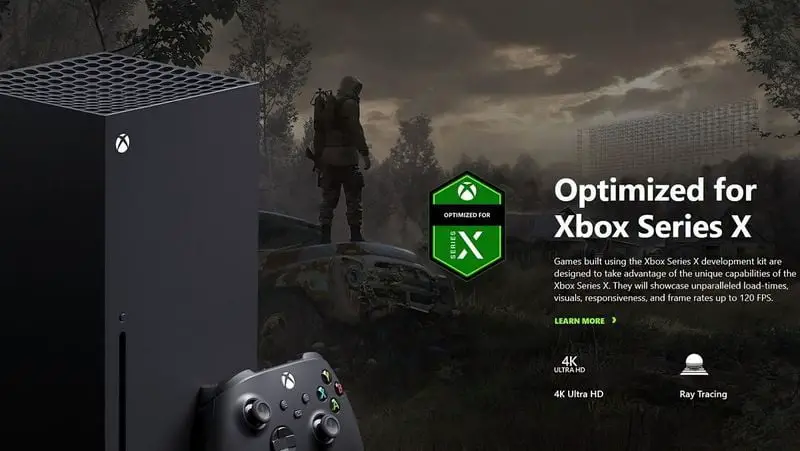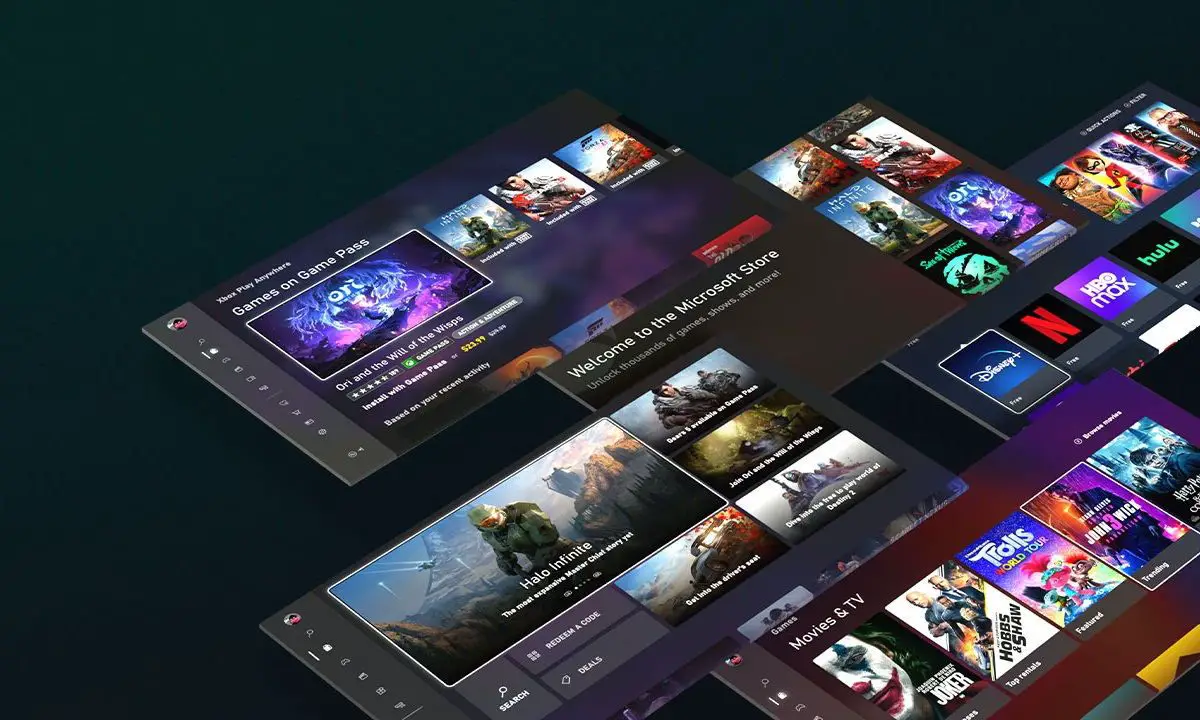Last week we saw that Microsoft had confirmed a reduction in the commission that the company gets for the revenue generated, through the Microsoft Store, for all games sold for PC, and also for micropayments and other transactions that are associated with this type of product. It was good news for developers, and it became a movement that, as we told you at the time, brought the Redmond giant closer to the Epic Games Store.
After learning of this change of course, bells rang that Microsoft could also apply the same reduction to the commission it gets for games sold for its Xbox consoles in general (Xbox One, Xbox One X, Xbox Series S, and Xbox Series X), but today we have learned, through Microsoft itself, that they do not plan to change, for the moment, the division of income they maintain with the publishers of games on their consoles. This means that the commission remains at 70% for them and 30% for Redmond.
There is no doubt that the Microsoft Store represents a very small part of the total market if we talk about global sales of video games for PC. With this in mind, it is easy to understand why the company headed by Satya Nadella did not think twice about announcing this reduction in its sales commission, which goes from 30% to 12%. If we talk about Xbox, things change, and how. This platform represents, in the two generations it currently represents, a volume of games sold that is light years ahead of the sales of PC games through the Microsoft Store, and it doesn’t take an expert to understand what that represents.
Reducing its commission from 30% to 12% on the Microsoft Store may even be profitable for the Redmond company, and encourage more publishers and publishers to bring their most important games to that platform. On the other hand, in the case of Xbox, such a sharp reduction would have a considerable impact on Microsoft’s revenues, and there would be no “compensation” effect for the arrival of a greater number of games. In short, not only is it not profitable, but it would be detrimental to Microsoft. What would have happened if the company had taken this step – would Sony and Nintendo have followed? Probably not.

Microsoft bets on temporary exclusives
The company has also confirmed that it plans to maintain a policy of temporary exclusives to give Xbox a favored treatment, and that the first “affected” will be STALKER 2, a title that will come first to Xbox Series S and Xbox Series X, and that three months later will be available on other platforms. we must say that three months seems to be a much more reasonable time frame than the policy of waiting several years that Sony has been following.
Once those three months have passed, nothing would prevent the release of a PS5 version of the game, at least in theory. The PC version will arrive at the same time as the Xbox Series S and Xbox Series X, as confirmed at the time by the game developers themselves. As for Xbox One and PS4, we can completely forget about a version for those consoles, as this would be something “impossible”.
We understand that for a console user, who is used to that “the miracle of optimization” allows such incredible things as moving Cyberpunk 2077 on mid-range hardware of 2013, to give a close and easy to understand example, talking about impossible versions is a hard pill to swallow, but in the end, it is not complicated to understand.
The developers approached STALKER 2 as a new generation project, and they started with minimal resources that are not available on previous generation consoles. Developing such a game as a multiplatform title would have imposed very important sacrifices in very basic things, such as the size of the scenarios and the degree of detail of these, and in the end, the project would not have been up to par.





